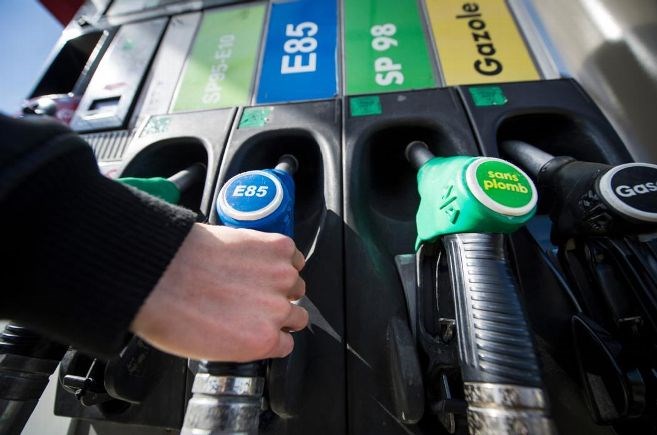Auto Fuel consortium study confirms ethanol blends are a low hanging fruit towards transport decarbonisation
On 28 April an ‘Integrated Fuels and Vehicles Roadmap to 2030+’ was released by an auto fuel consortium made of BMW, Daimler, Honda, NEOT/St1, Neste, OMV, Shell, Toyota and Volkswagen. The objective of this study was to develop a view on the various measures and options for GHG abatement in transport and provide a roadmap that reconciles fuel and vehicle technologies, by 2030 and beyond.
From the GHG abatement cost perspective, the study recommends to further promote the following specific technologies until 2030:
- Full deployment of the E10 petrol grade (containing up to 10% ethanol);
- Higher advanced ethanol blends for gasoline such as E20;
- Drop-in advanced biofuels for diesel such as R33;
- Hybridized powertrains, such as mild hybrids and full hybrids.
The study finds that these technologies have not yet realized their full GHG reduction potential in terms of deployment under the current regulatory framework and come at costs of 0–100 €/ton-CO2 abated, the lowest among possible passenger cars solutions.
The consortium also recommends counting the renewable share of the fuel that the vehicle is compatible with (above 10% volume ethanol or 7% volume FAMEs) as zero-CO2 tailpipe emissions as this would enable the further integration with regard to fuels and vehicles and accelerate the fleet deployment of vehicles compatible with higher biofuel blends.
- Find the study here.
- Find the presentation hand-out here.
